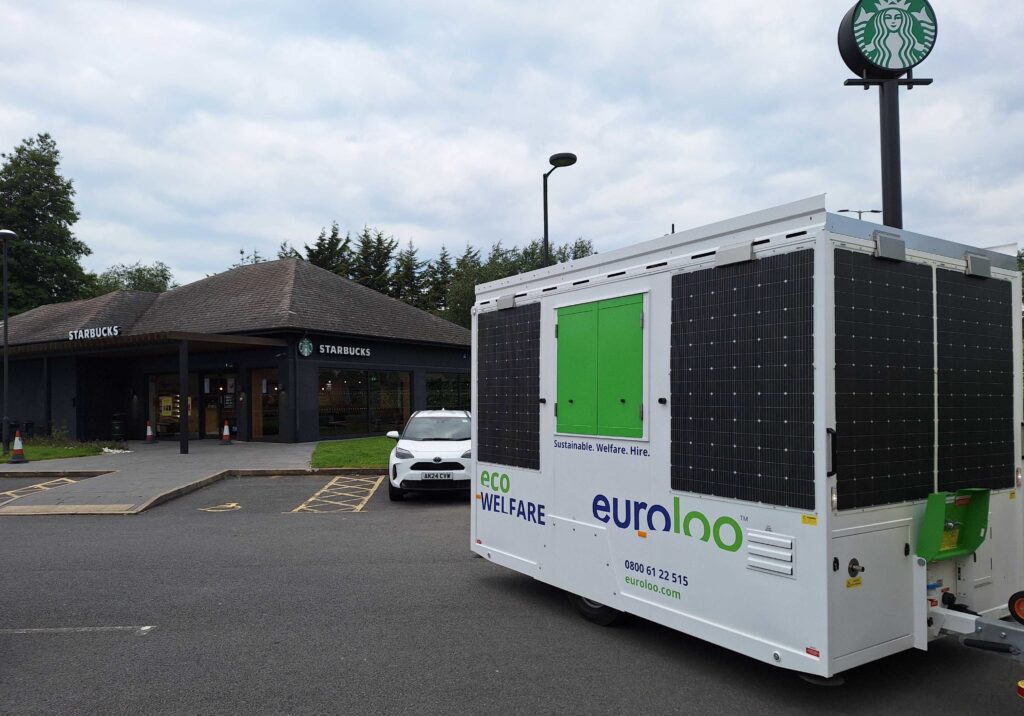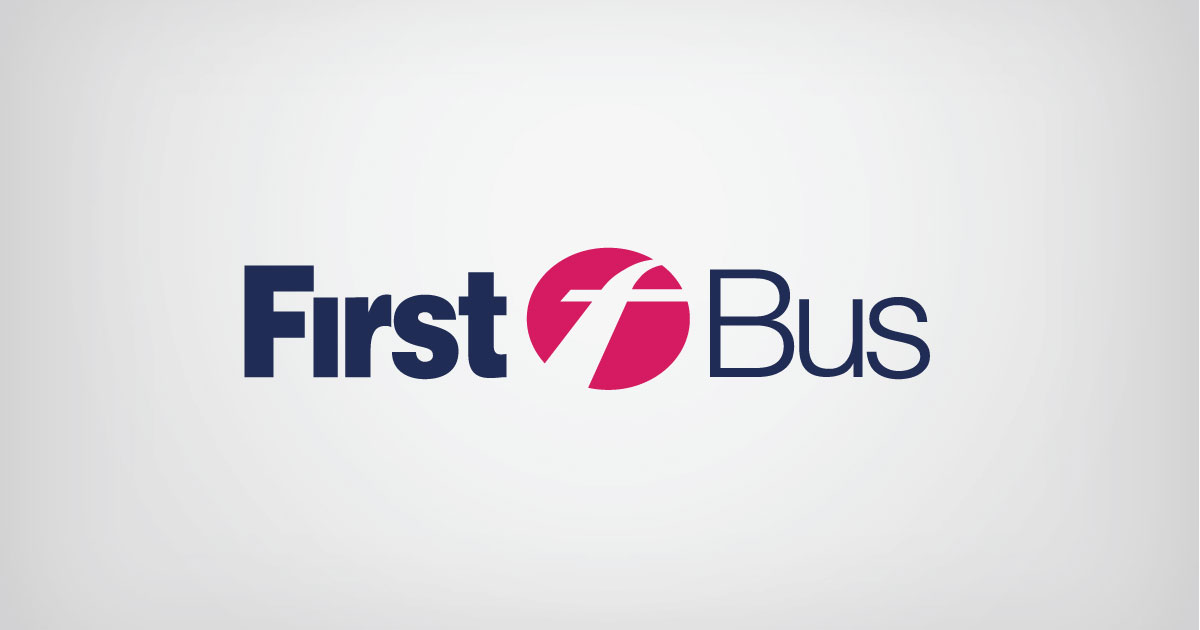Toilet provision is becoming a growing concern for petrol station operators in 2025. With the rise of food-to-go, EV charging and longer customer dwell times, many operators are questioning whether they must legally offer toilets, what the rules actually say, and what practical options exist if internal space is limited.
Behind this question is a wider commercial shift. Petrol stations are no longer simply fuel stops – they are retail sites. Greggs, Costa Express, Subway units, food-to-go counters, parcel pickup areas and convenience retail now produce the majority of profit on many forecourts. As these revenue lines expand, operators are considering whether internal toilet rooms (often occupying 10–20 square feet of prime space) could be reallocated to stock, storage, food-to-go preparation or parcel lockers.
This guide explains the UK rules around toilet provision on petrol station forecourts and outlines practical, compliant, low-cost options for operators seeking to free up internal space, reduce cleaning requirements, or navigate a refurbishment or EV charging installation programme.
Petrol station toilet requirements in the UK – at a glance
- Public toilets are not legally required at most petrol stations.
- Staff toilets are mandatory under UK health and safety legislation.
- Motorway service areas have separate rules and must provide public toilets.
- Forecourts with cafés, Greggs, Costa Express units or seating areas face higher customer expectations.
- Many operators now hire temporary or external toilets to free up internal space for revenue-generating retail.
This article explains the rules and highlights practical options for operators who want to stay compliant while maximising retail and food-to-go revenue.
Are petrol stations legally required to provide toilets?
In the UK, there is no legal requirement for a standard petrol station or forecourt to provide public toilets.
However, there are three important distinctions operators should understand:
1. Staff toilets are mandatory
Employers must provide suitable toilet and washing facilities under the Workplace (Health, Safety and Welfare) Regulations 1992. These can be internal or external, temporary or permanent.
2. Motorway service areas must provide public toilets
Different regulations apply to motorway and major trunk-road service areas. Petrol stations without service-area designation do not fall under these rules.
3. Retail operators and franchises may impose their own requirements
Some forecourt franchises – especially where seating, cafés, EV charging lounges or food-to-go counters are presen – include expectations around customer toilet access as part of brand standards.
Why forecourts are rethinking toilet provision in 2025
Most modern forecourts now earn more from retail, food-to-go, coffee and convenience categories than from fuel margins. This shift is driven by:
- installation of Greggs and bakery units
- expansion of Costa Express and other coffee brands
- dedicated food-to-go counters and hot food displays
- parcel collection areas such as Amazon Lockers and courier pickup points
- larger chilled ranges and impulse fixtures
- rapid EV chargers increasing customer dwell time
As a result, many operators want to reclaim the internal footprint used by customer toilets and convert it into revenue-generating retail space or storage.
A typical toilet room can comfortably fit:
- a full Costa Express or similar self-serve coffee station
- a Greggs hot food warmer and merchandiser
- parcel lockers or returns stations
- food-to-go prep space or additional refrigeration
- additional chilled or impulse shelving
- stockroom space supporting higher-margin categories
Reallocating this space can produce significantly more value per square foot than retaining a low-use internal toilet.
Can petrol stations remove customer toilets?
Yes – in most cases operators may remove internal public toilets as long as:
- appropriate staff welfare facilities remain available
- there is no contractual obligation to maintain public toilets (brand/franchise agreements)
- the site is not classified as a motorway service area
Customer expectations must also be considered. Sites with café seating, strong food-to-go offers, Greggs or Costa Express units tend to attract customers who expect accessible toilet facilities.
In these situations, many operators now choose to provide external, temporary or semi-permanent toilets instead of internal ones.
When external toilets make sense for petrol stations
Hiring one or two external toilets is a simple, low-disruption way for operators to:
- meet staff welfare obligations
- avoid refurb disruption during shop upgrades
- support customer access during pump or canopy works
- manage toilet provision during EV charger installation
- replace internal toilets to free up retail and storage space
External units also remove the ongoing issues of cleaning, maintenance and vandalism inside the store.
Why solar powered units are increasingly used
Modern petrol stations, especially those near residential areas, benefit from quiet, low-emission welfare solutions. Solar powered units:
- avoid generator noise around EV chargers, pumps or forecourt shopfronts
- operate cleanly with minimal environmental impact
- can be positioned easily with minimal space on the forecourt
- remove the need for internal power or plumbing alterations
This is why many operators now prefer external, stand-alone toilets as part of their long-term forecourt layout.
FAQ: Petrol station toilet requirements (2025)
Are petrol stations legally required to provide public toilets?
No. Standard petrol stations do not have to provide public toilets. Motorway service areas do.
Do petrol stations need to provide staff toilets?
Yes. Staff toilets are a legal requirement under workplace health and safety regulations.
Can a petrol station remove its internal customer toilet?
Yes, provided staff toilets remain and the site has no franchise requirement or service-area designation mandating public toilets.
Do EV charging points increase the expectation for toilets?
Yes. Longer dwell times mean customers expect access to toilets, especially where cafés or food-to-go services are present.
Can petrol stations use temporary or external toilets instead?
Yes. External toilets are a compliant, low-cost solution used widely during refurbishments, EV charger installations or to free up internal space for revenue-generating uses.
Planning forecourt improvements or considering removing internal toilets?
Modern forecourts are evolving fast. Whether you want to reclaim internal space for food-to-go, coffee and parcel services, manage customer expectations around EV dwell time, or provide facilities during refurbishment works, external toilets offer a simple and cost-effective route with minimal disruption.
If you are reviewing your forecourt layout, planning a shop refurbishment, installing EV chargers or exploring ways to increase revenue space inside the store, you can speak with our commercial team via the euroloo website.
We support forecourt operators and retail-led petrol stations across England with reliable, low-emission toilet hire suitable for all modern forecourt layouts.























